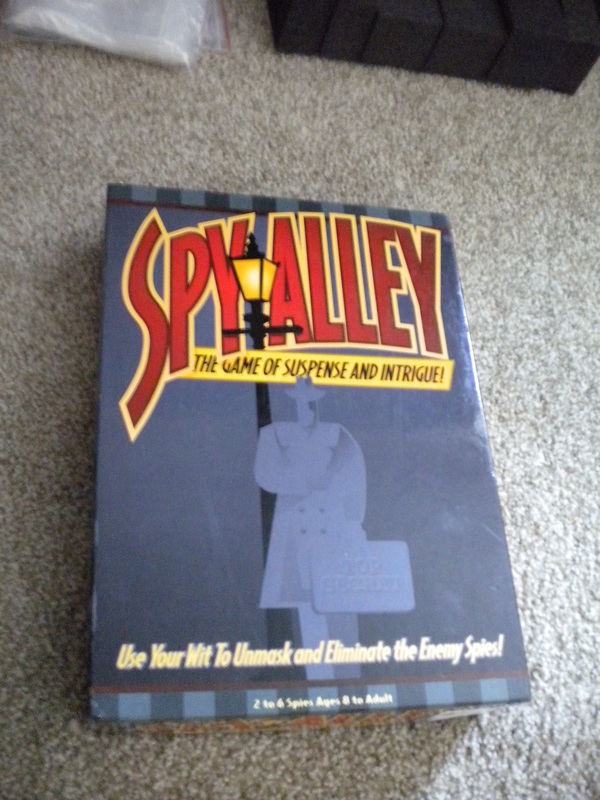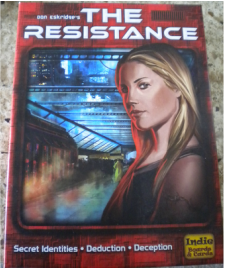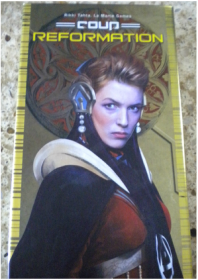|
To be completely honest, I'm not always sure how I feel about hidden role games. So why don't we talk it out, test the waters together, and try and come up with an opinion together, eh? Sounds like a plan to me! Don't waste time opening a new tab to google if you're sitting there confused about what I'm talking about. Hidden role games are, dare I explain it in such simple terms, games in which each player has a secret identity or objective to complete that no one else knows. Simple enough, right? Well, maybe not. See, most, if not all, hidden role games include a certain level of bluffing, which isn't always easy if you're someone who can't always keep a straight face (yes, like me). That's definitely one of my biggest issues with these types of games. For instance, in games like The Resistance, Spy Alley, and Coup, bluffing is the primary component. In The Resistance, players are either spies or members of the resistance. While spies know each others identities (as there are always less of them) the resistance members go in blind, and so players have to rely on bluffing to convince others to take them on missions that need to be completed or sabotaged, depending on your affiliation. For Spy Alley, in order to keep your identity a secret you must lie and deceive other players, again, into thinking that you're someone you aren't, so that if they try to guess your role, they are wrong and kick themselves out of the game instead. And in Coup, actions are taken based on hidden identities, and if someone calls your bluff, you'll be out of the game. While I can't say I don't enjoy the slight rush of hiding your identity in a game and leaving other players guessing, it's also quite a bit stressful, because being eliminated from the game is not something you look forward to while playing.
0 Comments
|
Categories
All
Archives
April 2020
|



